
August 21, 2025
Cardi B is officially back in album mode. On Friday, the rap superstar released her new single “Imaginary Playerz,” a bold track that samples Jay-Z’s classic “Imaginary Player.” The release comes...
Read more
August 21, 2025
Gary Oldman opened up about his decades-long friendship with the late David Bowie, calling the world a very different place since the music icon’s death in January 2016. In a heartfelt interview...
Read more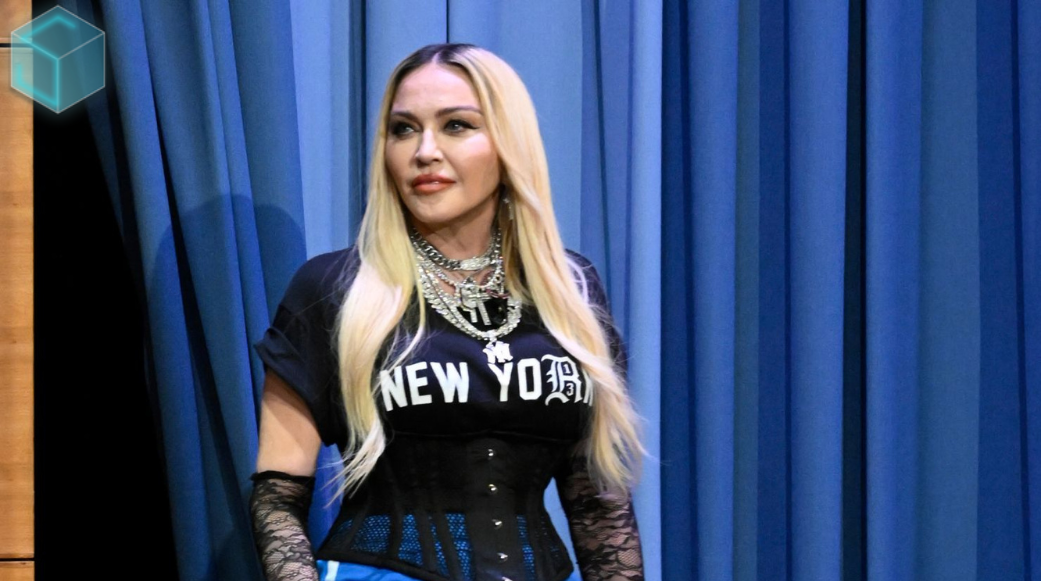
August 21, 2025
The Queen of Pop just proved she's still the ultimate trendsetter even when it comes to birthday cakes. Madonna rang in her 67th birthday with a luxurious Italian getaway capped off by an enormous...
Read more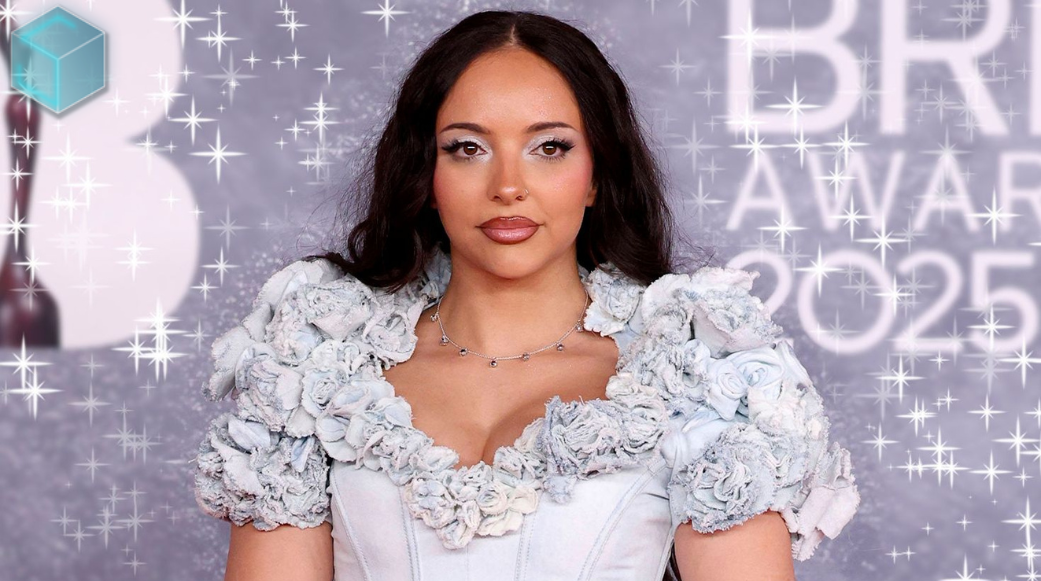
August 20, 2025
Former Little Mix star Jade Thirlwall isn't mincing words about artists who avoid political engagement, specifically calling out The 1975's Matty Healy for what she sees as a privileged stance. In...
Read more
August 20, 2025
PinkPantheress has once again cracked the code of Gen Z’s collective brain chemistry with her track Illegal. It’s short, it’s addictive, and it’s the kind of song that makes you feel like you’re...
Read more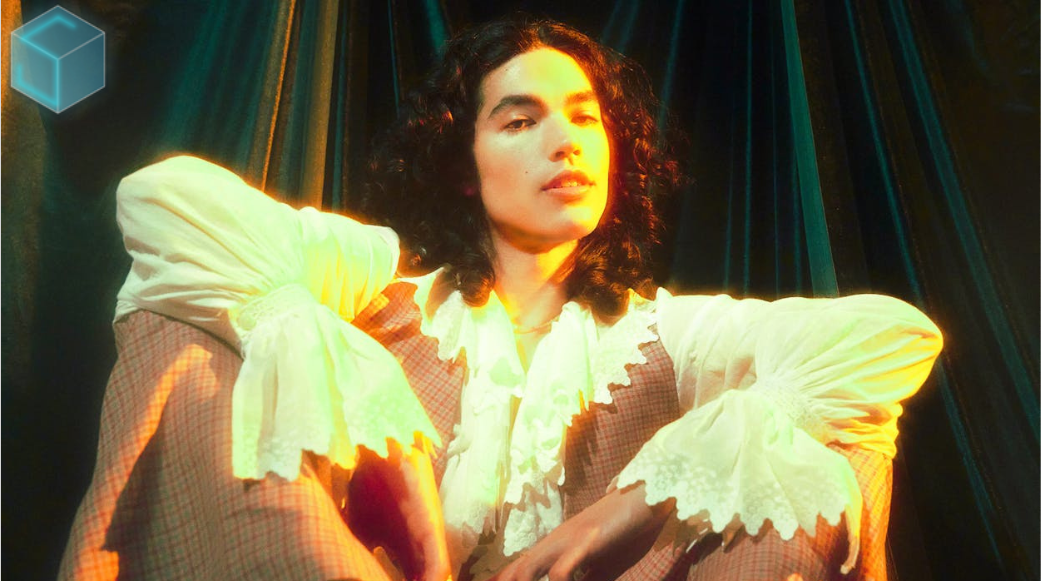
August 20, 2025
Conan Gray has never been shy about writing songs that feel like reading your high school diary at 2 a.m. with the lights off. But with Caramel, he’s gone full Willy Wonka heartbreak mode. It’s...
Read more
August 20, 2025
PinkPantheress has always had a gift for making music that feels like it was recorded inside your daydreams, half diary entry, half late-night Tumblr scroll. With Romeo, she’s taken that talent and...
Read more
August 20, 2025
Every so often, a song arrives that feels less like a single and more like a cinematic event. LISA’s latest release, DREAM featuring Japanese actor and heartthrob Kentaro Sakaguchi, is exactly that...
Read more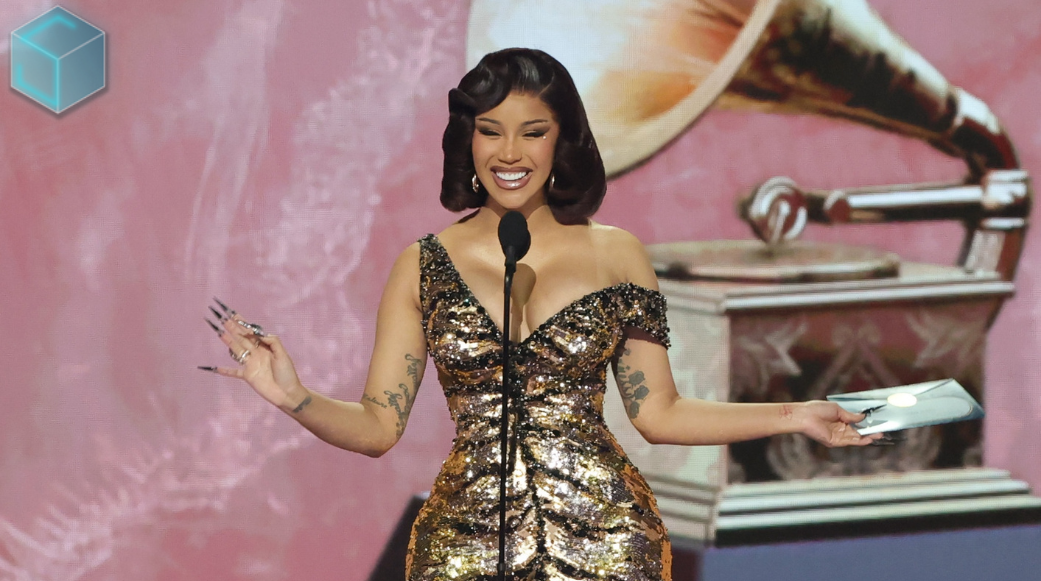
August 20, 2025
If Cardi B has taught us anything, it’s that she doesn’t just rap, she throws down verbal haymakers wrapped in couture and glitter. Her new joint, “Imaginary Playerz,” is a full-on drag session for...
Read more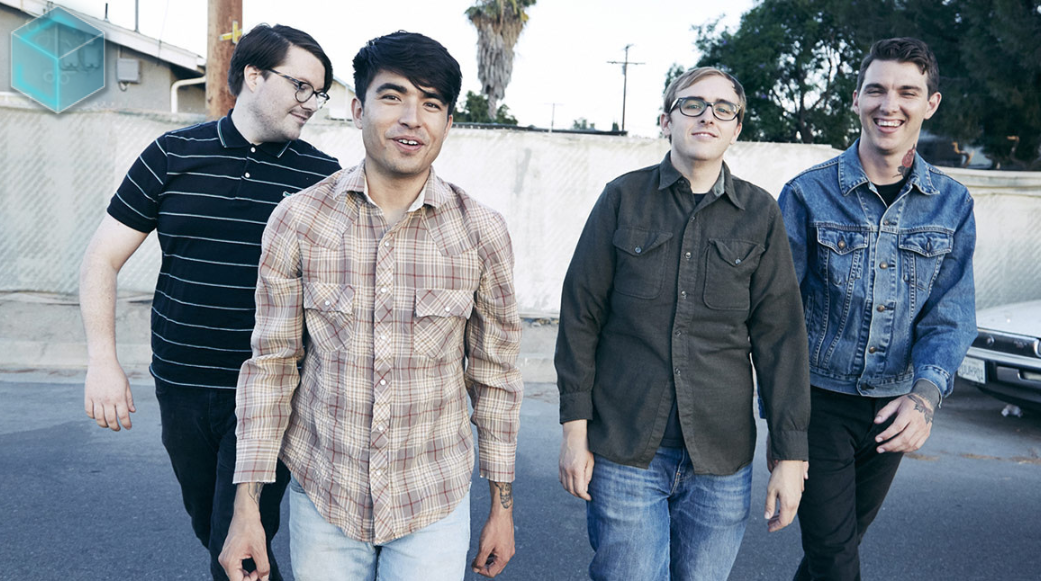
August 20, 2025
Everyone’s favorite pop-punkers, Joyce Manor, are back with their first new song in three years. The surprise single, “All My Friends Are So Depressed,” is out now via Epitaph Records, blending...
Read more
August 20, 2025
In 2025, Christian culture is prevalent, although it was previously on the outside of popular music. The Billboard Hot 100 is dominated by religious-themed songs like Benson Boone's...
Read more
August 20, 2025
Michael Tait, a well-known Christian rock musician (DC Talk, Newsboys), has admitted to engaging in "unwanted sensual" behavior and substance misuse for decades. Multiple accusers allege abuse...
Read more.png)
The world of music has always been shrouded in a certain level of mystery and allure, but the recent spat between Meek Mill and Drake has brought a longstanding issue back into the spotlight: ghostwriting. The controversy ignites a debate about the importance of authorship and authenticity in music, particularly in genres where personal narrative and credibility are key, like hip-hop.
In 2012, Damien Hirst, a renowned artist, responded to criticism about his minimal personal involvement in the creation of his famous spot paintings by comparing himself to an architect. His defense highlighted a crucial point: in many creative fields, the end product is a collective effort. This idea is widely accepted in some areas, such as speechwriting for politicians or scripts for TV presenters. However, in music, especially rap, there's a significant focus on the authenticity of the artist's voice.
Hip-hop is a genre deeply rooted in personal storytelling and authenticity. As Austin Daboh from 1Xtra points out, the personal nature of rap lyrics means that ghostwriting can be seen as undermining an artist's credibility. When rappers like 50 Cent talk about their life experiences, such as surviving multiple gunshots, the expectation is that these stories are their own, not fabricated or penned by someone else. This personal connection is why Meek Mill's accusation against Drake struck such a nerve; it challenges the very foundation of what many believe rap should represent.
Yet, ghostwriting in music is far from rare. Many iconic tracks have had contributions from writers behind the scenes. Nas helped craft hits for Will Smith, Method Man contributed to ODB's debut album, and Jay-Z wrote for Dr. Dre and even Bugs Bunny. Killer Mike has openly discussed his own ghostwriting experiences, explaining that writing from another artist's perspective can make perfect sense. In pop music, where the focus is often more on the performance than the personal narrative, the use of ghostwriters is widely accepted. Artists like Taylor Swift and Lorde have brought songwriting to the forefront of their identities, showing that pop can value authenticity too. The inclusion of voice memos on Swift’s album "1989" underscores how integral songwriting is to her brand.
However, not everyone in the industry is thrilled about this shift. Some believe that performing and writing are distinct talents, and that good performers need not write their own songs. The reality is that many hits are the result of collaborations among multiple writers and producers. This is particularly true in genres like hip-hop and dance music, where the lines between production and songwriting are increasingly blurred.
The debate over ghostwriting ultimately circles back to the question of what fans expect from their favorite artists. Is it the artist's voice and story that matter most, or simply the quality of the music they produce? For some, the idea of an artist not writing their own lyrics feels like a betrayal, while for others, it's just part of the creative process.
In the end, the issue of ghostwriting in music reflects broader questions about authenticity and authorship. While some fans might feel deceived if they discover their favorite artist didn’t pen their own hits, others might appreciate the collaborative effort that goes into creating great music. Perhaps the only real rule in ghostwriting, as in many aspects of life, is this: if you're going to do it, don’t get caught.